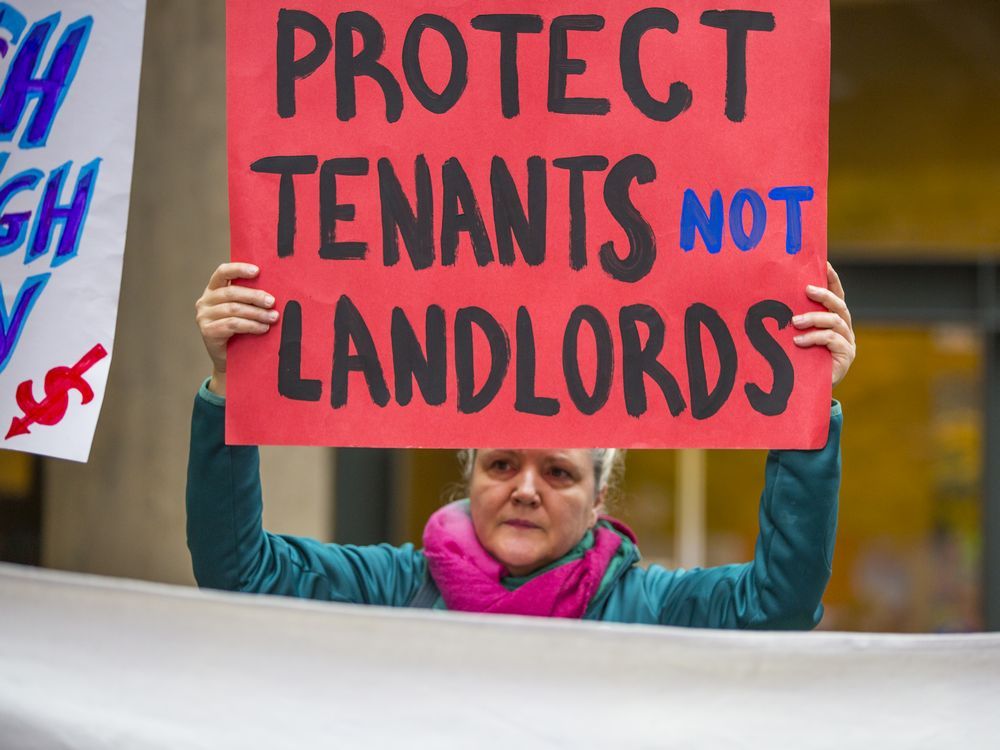Eight strategies for renters to defend against unfair renovictions

Credit to Author: Evan Duggan| Date: Fri, 22 Nov 2019 14:00:32 +0000
Finding a safe, comfortable, affordable rental home in the Vancouver region is one of the most challenging aspects of living here. Keeping that home can be equally difficult.
The B.C. government and some municipal governments of late, including Vancouver, have been considering and implementing strategies to increase protections and compensation for renters who have been evicted by landlords who want to renovate or redevelop their properties.
But the problem of dishonest renovictions remains, said Will Gladman, an advocate with the Vancouver Tenants Union (VTU).
Meanwhile, rental homes continue to be expensive and hard to find in the region. So what happens if or when you’re evicted for a renovation or redevelopment?
Gladman said there are eight things tenants should do before and after they receive a renovation eviction notice from a landlord who they suspect is not acting in good faith.
“The thing that all tenants should be doing is getting to know their neighbours, and organizing inside their buildings,” he said.
This should be happening before eviction worries emerge.
“Know your neighbours, knock on doors and have a strategy for responding to this,” he said.
Take note if and when your building’s ownership or management changes. “Those are some really clear indications that they might be gearing up for the fight.”
There are protections for renters in local and provincial laws, and renters should know them, he said. Renters can learn more about their rights by reaching out to the VTU or to the Tenant Resource and Advisory Centre.
If you feel like your landlord is not acting in good faith about their project, you can ask the province’s RTB to arbitrate on your case.
The RTB is the only authority at that point that can rule on your situation, Gladman said.
“Probably the most obvious thing is to challenge (the eviction),” he said. “When you get the eviction notice, you have 30 days to challenge it with the RTB. Do that, for sure.”
Once an eviction notice arrives, it’s important for tenants to document “absolutely everything,” he said. That would include any interactions or communications with landlords or staff, as well as all documents related to the building.
If a landlord is acting in bad faith, a tenant will need robust documentation to win a fight before the RTB.
Gladman said anyone can monitor building and development permits and applications on their municipality’s websites. “It will show any permits that are either in process or have been issued already.”
If your renoviction is temporary, it’s important to arrange a place to stay for the duration. That could include other suites in the building or within the landlord’s other buildings. “Show that you are accommodating the renovations,” Gladman said.
Think hard about any buyout offers that may arrive before or shortly after an eviction notice. Landlords may try to lowball tenants with an offer “in the low thousands,” Gladman said.
Organized, informed, united tenants can be successful in attaining larger buyouts, he said. “We’re seeing tens of thousands of dollars going to tenants to buy out their properties in the end.”